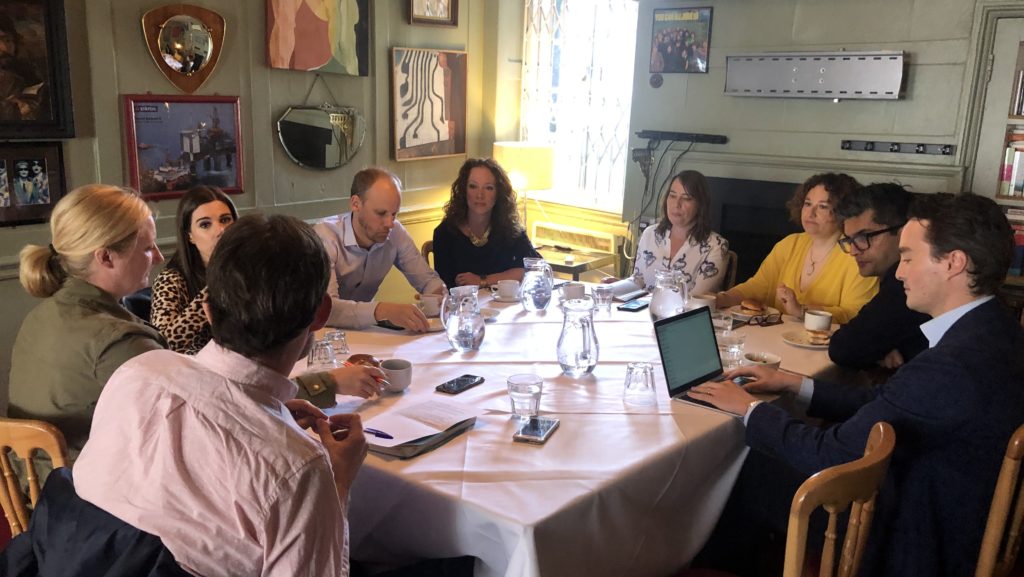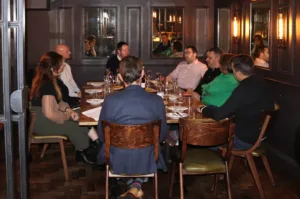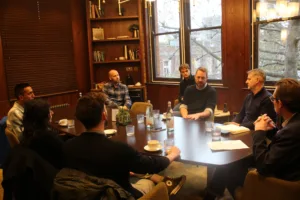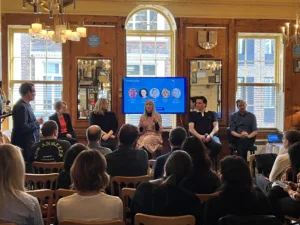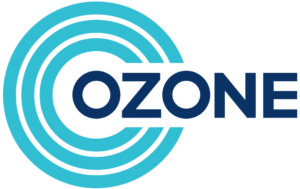The roundtable, chaired by New Digital Age Editor and Bluestripe Partner Justin Pearse, included contributions from Jason Creane, Commercial Director, Permutive; Chetan Damani, MD, TVGuide.co.uk; Jane Wolfson, Hearst UK, Chief Commercial Officer; Emily Brewer, Head of Publishing, Teads; Piers North, Group Digital Director, Reach PLC, Louise Crosby, Digital Sales Director, News UK; Chloe Grutchfield, Co-Founder, Redbud Media.
“Should publishers retreat entirely from the data space? The cost, regulatory challenges, lack of ROI? At the end of the day, should we let someone else take the risk?
Tongue-in-cheek pessimism from Piers North, but a point that illustrates the multitude of challenges the industry faces.
It has been disproportionally affected by the twin towers of declining print sales and the unfettered rise of Google, Facebook and recently Amazon, which between them take around 80% of online ad budgets.
What hope for publishers, then, particularly post-GDPR? For many, the answer lies in innovation and diversifying their revenue streams, as our roundtable experts demonstrated.
The series of articles has looked at how publishers are striving to become more than the sum of their parts, noting the complexity in today’s digital landscape and the need for publishers to do things differently in order to appeal to readers and advertisers alike.
Having weathered the various commercial storms, they are cautiously optimistic about the future, particularly when brand-safe environments, contextualisation and collaboration are the order of the day.
Forging a proactive future will mean the melding of two vital ingredients: (wo)man and machine.
The term ‘artificial intelligence’ may have been anathema to some in the group, but all were adamant that technology, particularly machine learning, will prove a boon to the industry — albeit to differing degrees.
North believes that brand safety is an area ripe for disruption, with the want and need for better brand tools that do more than clumsy keyword blocking. That alone would open up more inventory for advertisers.
AI is being used by TVGuide.co.uk to help create content for advertisers and to power banners that run against content and allow consumers to drop and drag imagines within that content to shop.
Hearst has a tool that allows it to search locally or globally for the top trending stories, which was used initially for editorial teams to tailor their content but also now by its commercial teams for better targeting and serving of ads and more audience-led insights in pitching for briefs.
News UK is looking at how new and maturing audiences will demand and consume their content in an ever-more connected world.
Equally as important is the shape that publishers take: attracting and retaining the talent needed in digital publishing today requires a different skillset and a softening, even axing, of siloes.
News UK digital sales director Louise Crosby said the commercial team of today is markedly different from even a few years ago. “[The industry needs to] recruit different people. Before we used to recruit from competitors but that doesn’t always shine a light on how to do things different. It is so important to have people coming in with fresh eyes.”
With the longevity or always-on nature of digital campaigns, publishers needed to provide constant support to their advertisers; operations’ teams have never been so critical. Jane Wolfson, Hearst UK Chief Commercial Officer, said: “Digital can go wrong every day and it’s a massive job to manage.”
North agreed: “The traditional sales role is a very rare beast. [My team] is less than 20% ‘sales people’. We have analysts, engineers, journalists, the reality is that every day things will fail. It’s like running a big switchboard.
It is a similar story for Teads, too. UK head of publishing Emily Brewer said of its account management: “The team we have must wear so many hats to service all the needs of our publishers. Their broad skill sets require them to be effective strategists, analysts, trainers and presenters as well as having a broad knowledge of ad operations as well. It’s hard to compare them to the account manager roles of just a few years ago.”
Retention, too, comes at a price. “We get the grads in, but we can’t afford the large tech and consultancy firms’ salaries and we find it hard to retain them after that,” said North. Start-ups, meanwhile, come with the “promise of stocks, dreams and fortunes”.
It’s why publishers must position themselves as innovative, exciting and dynamic businesses to work for and with — why, despite the setbacks and challenges, it’s worth taking the risk and time to face the future with optimism.
Read part four here.


